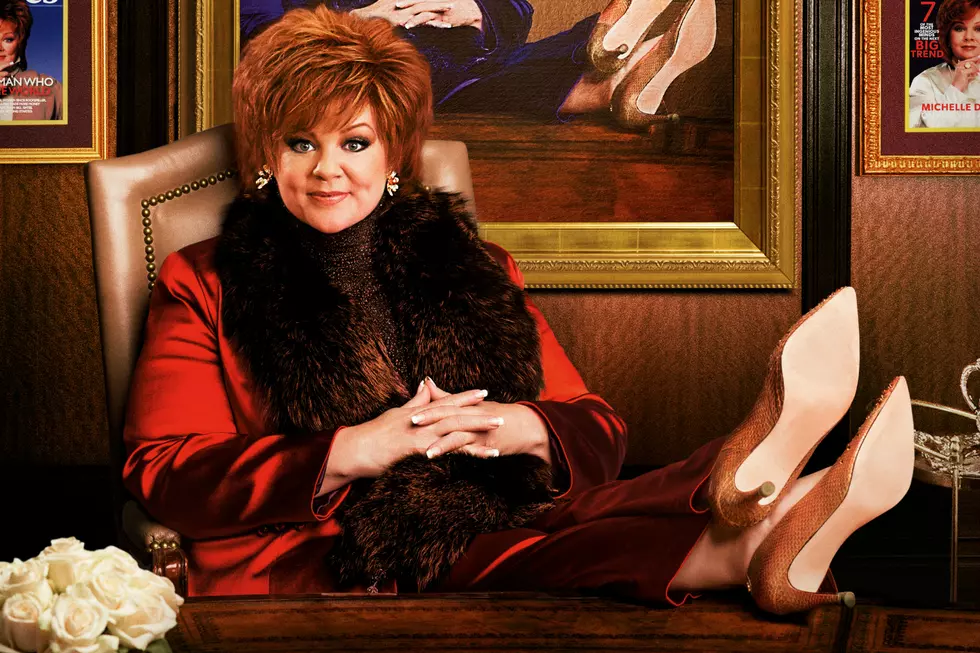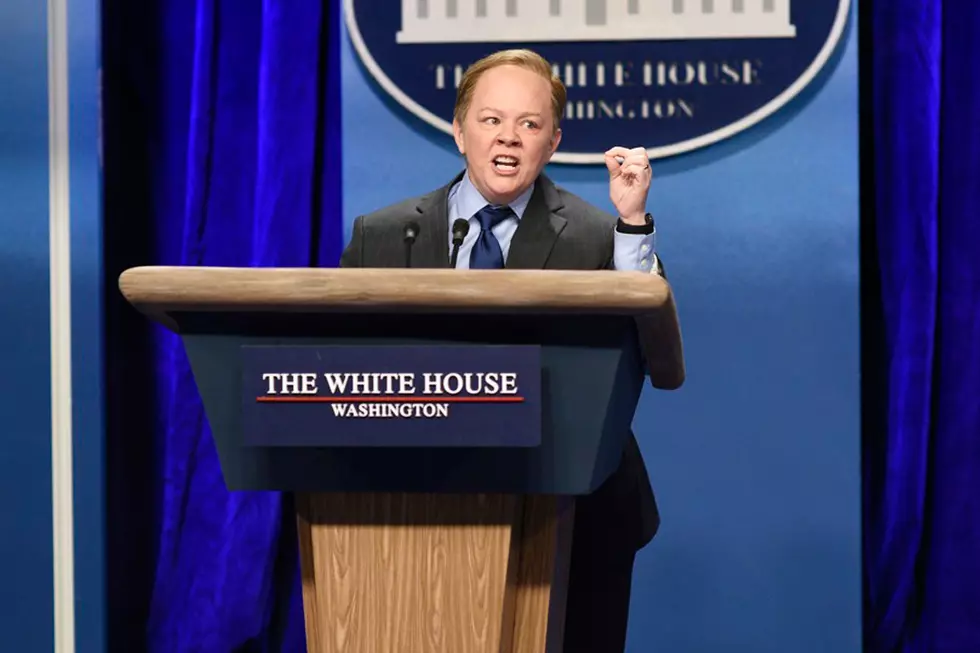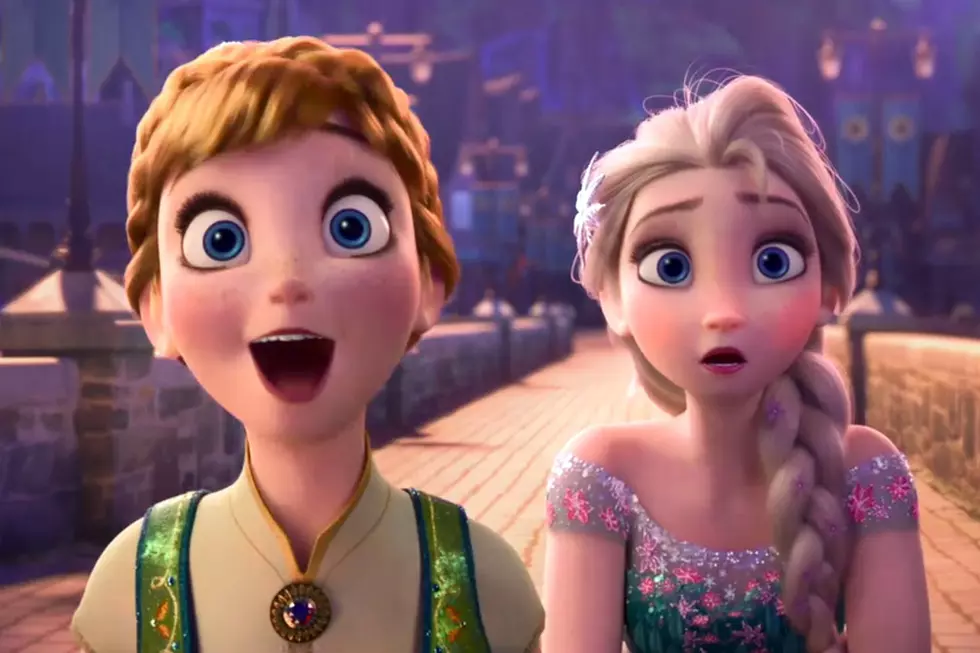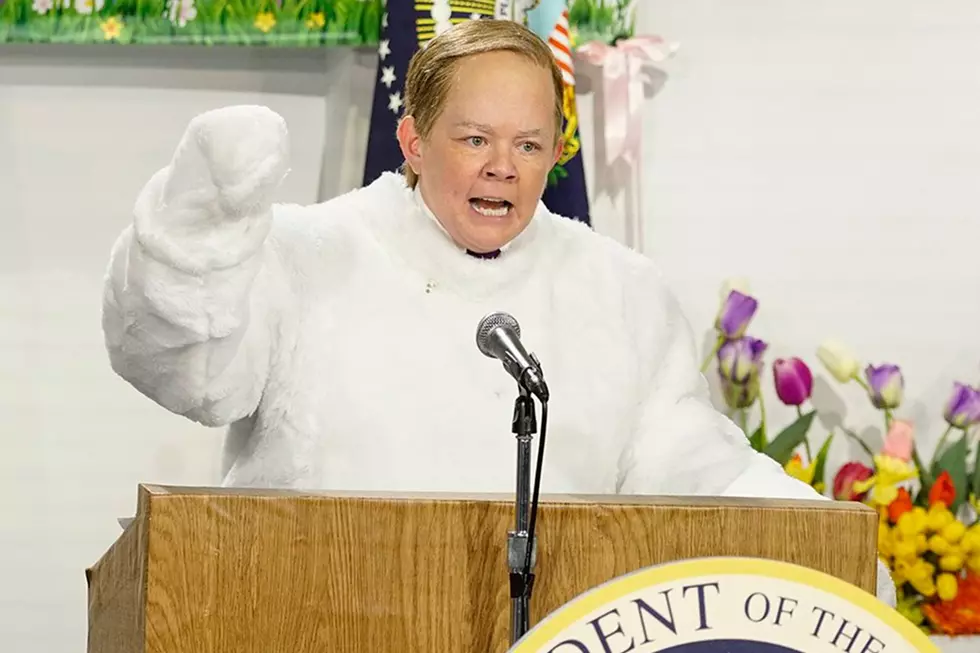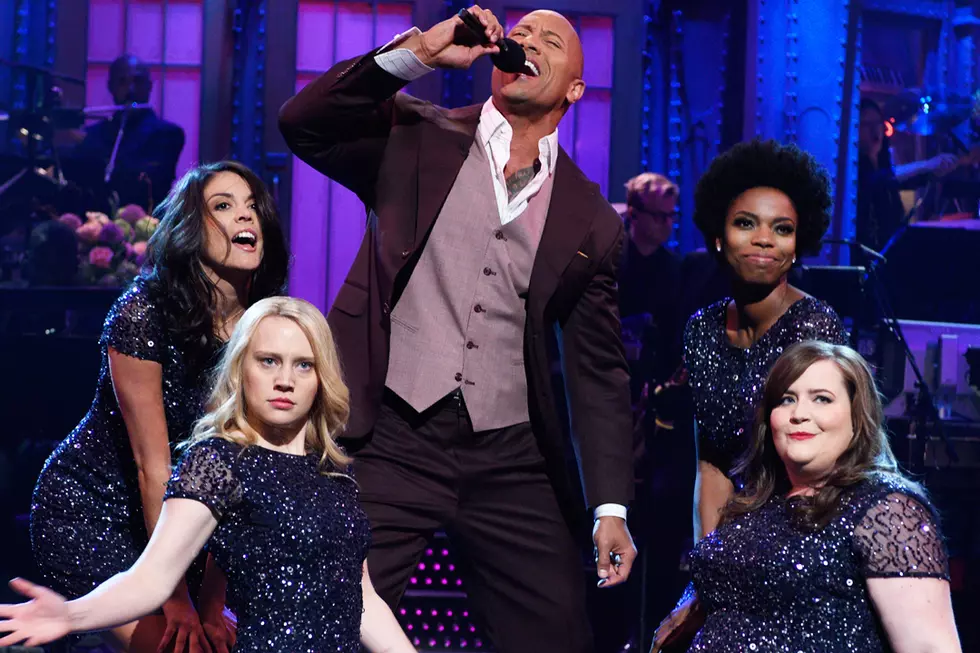
‘The Boss’ Review: A Shockingly Unfunny Melissa McCarthy Movie
There’s a scene in The Boss where Melissa McCarthy’s character, a disgraced business mogul named Michelle Darnell, tries to rebuild her financial empire by going to a country club to woo potential investors. Her pitch goes badly, from both a practical perspective and a comedic one. Not realizing one of the investors’ wives is dead, she mocks her and calls her terrible names, and basically makes a fool out of herself. None of this is funny. The conversation goes on and on, fumbling for some kind of ending, until Michelle excuses herself and then suddenly and randomly falls down a flight of stairs. End of scene.
That’s The Boss in a nutshell. It’s a comedy that seems perpetually in search of laughs it almost never finds, as if the filmmakers showed up on the first day of production, looked at the script, and realized they’d forgotten to write any jokes, and then had to scramble to find some on set. Desperate for something, anything funny, they mostly rely on McCarthy pratfalls and profanity. There are only so many times you can laugh at her saying the f-word or being thrown into the air by a malfunctioning sofa bed.
Michelle winds up on that dubious prop after her financial empire crumbles in an insider trading scandal. It spills out of her rivalry with another entrepreneur named Renault (Peter Dinklage), a jilted ex who’s never forgiven Michelle for breaking his heart decades before. Four months (but just one scene) after being sent to prison for her crimes, Michelle returns to society, stripped of her wealth and fame but in no way rehabilitated. With nowhere else to turn, she winds up on the doorstep of her former assistant Claire (Kristen Bell). Even though Michelle routinely took advantage of Claire while she was her employee and continues to treat her like garbage now, Claire decides to let her old boss sleep on her couch until she can get back on her feet (no easy task given that boobytrapped sofa bed and Michelle’s propensity to trip over her own feet as an easy punchline).
The Michelle Darnell character was created by McCarthy back in her days with the Los Angeles comedy troupe The Groundlings. She has a striking look — an immaculate helmet of fiery red hair and a closet full of turtlenecks pulled all the way up to her chin — but nothing else about the character is clearly defined. She’s just a ruthless businesswoman in the most generic sense of the word; it’s not even clear what she does or sells or how she became so successful in the first place. Early scenes establish a wisp of a backstory; Michelle grew up in an orphanage because one family after another adopted her and then returned her. That led her to preach “The Power of One” as an adult, telling her disciples never to grow attached other people because they’ll inevitably drag you down.
From that moment on, there’s no doubt where this story is going; Michelle will reluctantly learn a lesson about the importance of family and teamwork. And given that McCarthy co-wrote this movie (like 2014’s Tammy before it) with her real-life husband Ben Falcone (who’s also The Boss’ director), that message about the beauty of families that find fulfillment working together is surely one with real personal resonance for the actress. But Falcone and McCarthy’s partnership here is much less fruitful than Michelle and Claire’s, and the only surprise about Michelle’s arc is how awkwardly the movie stumbles through it. She remains an unrepentant a-hole right up until the moment the script demands she change her ways.
That may have less to do with The Boss’ screenplay than its editing, which is choppy and hectic. The movie runs a brisk 99 minutes, leaving little time for supporting characters (Kathy Bates gets exactly one scene as Michelle’s former mentor, and the reason for their current rift is never fully explained) or even for some of the gags the movie sets up and never pays off. In one scene, Michelle gives herself a bad spray tan and Claire warns her that it’s going to dry even darker than it looks, seemingly setting up a scene where she shows up to an important meeting looking ridiculous ... but then she never does. It’s like Anton Chekhov said: If you introduce a spray tanning gun in the first act, it better go off in the second or third.
The Boss was made by Gary Sanchez Productions, Adam McKay and Will Ferrell’s company, and it superficially resembles a lot of the vehicles they’ve produced for Ferrell about the goofy misadventures of outlandish egomaniacs. But those movies have actual jokes — sometimes too many for their own good — and beneath their macho bluster, Ferrell’s characters tend to have a core of sweetness, something redeeming viewers can latch onto (like Ricky Bobby’s friendship with Cal in Talladega Nights or Ron Burgundy’s affection for Baxter in Anchorman). Until her last second change of heart, Michelle Darnell is a cruel, obnoxious jerk. She bullies children into providing her new business with cheap labor (supposedly for their benefit, but really for hers). She traumatizes a little girl by making her watch The Texas Chain Saw Massacre. She shoves several handfuls of cookies up one woman’s butt. If you remade Trading Places and turned the Duke brothers into the movie’s heroes, it might look something like The Boss.
That could work if Michelle Darnell was consistently hysterical in her craven manipulations, but she’s not. That means The Boss is about a character we don’t like doing things that aren’t funny. Since this is supposed to be a comedy, you can see how this is a problem.
More From KLAW-FM
